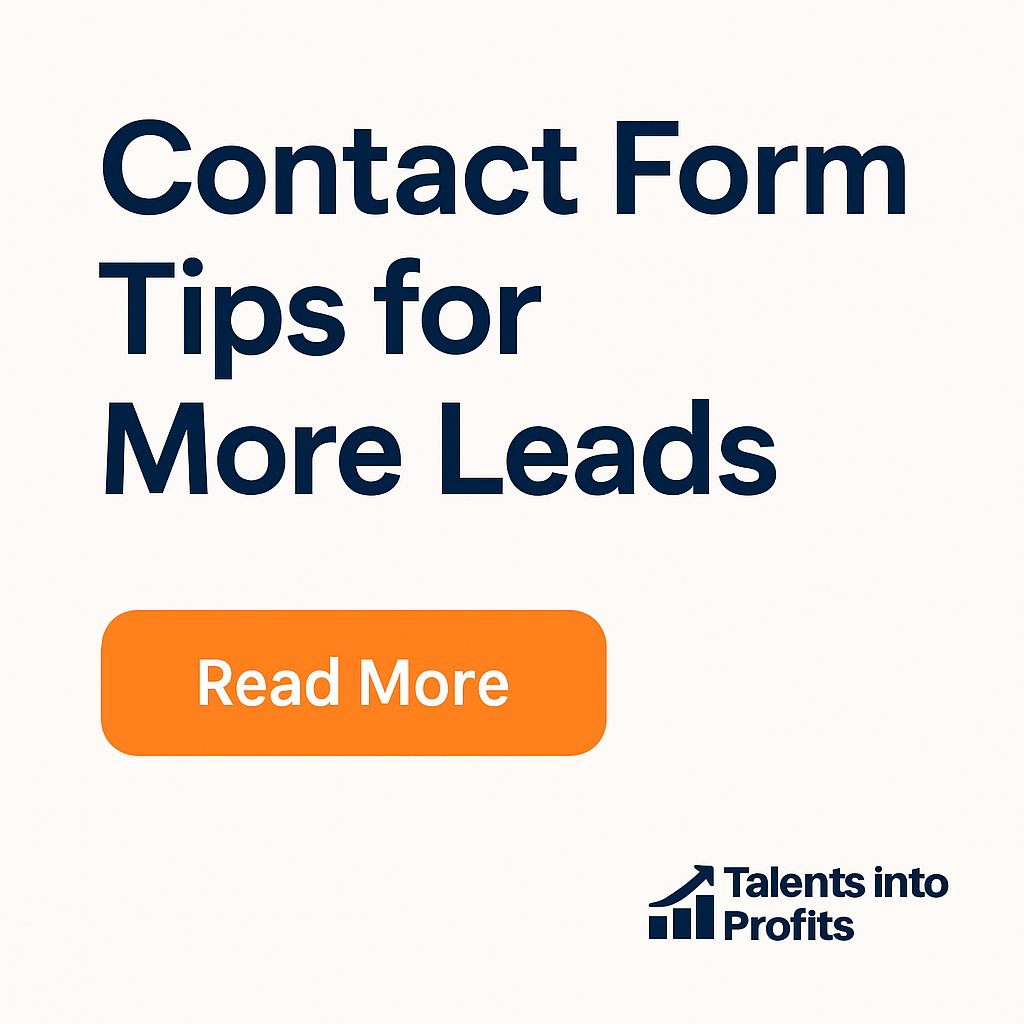Does backlinking really help with local lead generation?
Providing external links to other reputable websites with specific statistics or valuable information can indirectly help your website's SEO and authority, but it depends on how these links are used. Here’s how external linking impacts SEO and authority according to Google guidelines:
Benefits of External Linking for SEO and Authority:
- Improves Content Value: Linking to high-quality, authoritative sites can enhance the value of your content, making it more informative and credible. Google prioritizes content that provides useful and well-researched information. If you link to trustworthy sources that back up your claims, it can make your page more valuable to users and search engines alike.
- Demonstrates Topical Authority: When you provide links to authoritative sources, it signals to Google that you're well-versed in your niche and understand the landscape. Google’s algorithm values content that connects to broader, authoritative sources, viewing your page as a reliable hub of information. This, in turn, may boost your Expertise, Authoritativeness, and Trustworthiness (E-A-T), a critical factor in Google’s ranking system.
- Context and Relevance: External links help Google understand the context of your content. When you link to authoritative, relevant sources, it helps the algorithm recognize the subject matter of your page. This contextual relevance can help your page rank better for related search queries.
What Google Says:
Google encourages linking to other valuable sources, especially when it helps improve the user experience. While PageRank (Google’s ranking algorithm) considers external links when evaluating a website’s authority, it's more focused on backlinks (links pointing to your website). However, outbound links to reputable websites can also demonstrate your site's reliability by showing that you're sourcing quality information.
External Links: Caution & Pitfalls
- Don’t Overdo It: Excessive linking to external sites may lead Google to consider your page as less authoritative or spammy, especially if the external links are not directly related to your content.
- Link to Authoritative Sources: Linking to low-quality or irrelevant sites may negatively impact your page’s SEO. Ensure that the sites you link to are credible, authoritative, and related to your content.
No Direct Impact on Ranking:
External links alone don’t directly boost your page rank. They contribute to the overall user experience, which can lead to better engagement, increased time on page, and potentially more backlinks from other sites. These factors, in turn, indirectly improve your SEO.
Best Practices:
- Always link to relevant, authoritative websites.
- Use descriptive anchor text that explains why you're linking out.
- Avoid linking to spammy or low-authority sites as it can negatively affect your ranking.
In conclusion, while external links don’t directly improve your rankings, they enhance the quality and credibility of your content, which can indirectly improve your website’s authority and SEO in line with Google’s focus on delivering value to users.
Need Help with your Marketing?
We promise there are no hard sells, just facts, and see if we're a good fit for future growth moving forward.












